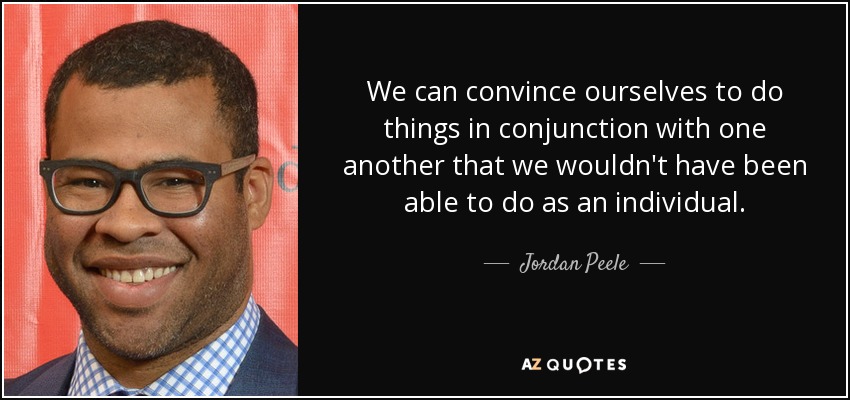We can convince ourselves a boring task was fun if we weren t rewarded

We can convince ourselves a boring task was fun if we weren’t rewarded.

Do you ever find yourself wondering why you enjoyed doing something that initially seemed boring and uninteresting? It turns out that our minds have an incredible ability to convince ourselves that a task was fun, even if we weren’t rewarded for it. This phenomenon is known as cognitive dissonance, and it has been studied extensively in the field of neuroscience. In this article, we will explore the fascinating concept of cognitive dissonance and how it relates to our perception of enjoyable tasks.
Cognitive dissonance refers to the psychological discomfort we experience when we hold conflicting beliefs, attitudes, or behaviors. When faced with this uncomfortable state, our minds naturally seek to resolve the discrepancy and regain a sense of internal harmony. One way our minds achieve this is by convincing ourselves that our actions align with our beliefs, even if there is evidence suggesting otherwise.
According to a study published in the Journal of Personality and Social Psychology, rewards can actually interfere with our ability to convince ourselves that a boring task was enjoyable. When we receive a reward for completing a task, such as money or recognition, our minds attribute our motivation and satisfaction to the external reward rather than the task itself. As a result, we are less likely to convince ourselves that the task was enjoyable if we were rewarded for it.
On the other hand, when we engage in a task without any external rewards, we are more likely to experience cognitive dissonance. Our minds strive to maintain consistency between our actions and beliefs, leading us to reinterpret the task as enjoyable. In these cases, we may convince ourselves that the task had hidden benefits or that we gained personal satisfaction from completing it.

The concept of cognitive dissonance has significant implications for various aspects of our lives. For instance, imagine a situation where you volunteered to help with a tedious community project. Initially, you might have found the task dull and unexciting. However, as you immersed yourself in the work, focusing on the positive aspects and personal growth, you start convincing yourself that the task was enjoyable and rewarding. This reinterpretation enables us to cope with the discomfort of our initial negative perception.
Moreover, cognitive dissonance can also influence our decision-making processes. When we make choices that are not aligned with our initial beliefs or values, we may experience cognitive dissonance. To restore consistency, our minds may change our attitudes to align with our actions, rationalizing our decision-making process and eliminating any feelings of inconsistency or discomfort.
In conclusion, cognitive dissonance is a fascinating phenomenon that allows us to convince ourselves that a boring task was fun, particularly when we were not rewarded for it. Our minds strive to maintain consistency between our actions and beliefs, leading us to reinterpret the task as enjoyable and rewarding. Understanding cognitive dissonance provides valuable insights into human behavior and decision-making processes.
Tags
Share
Related Posts
Quick Links
Legal Stuff

